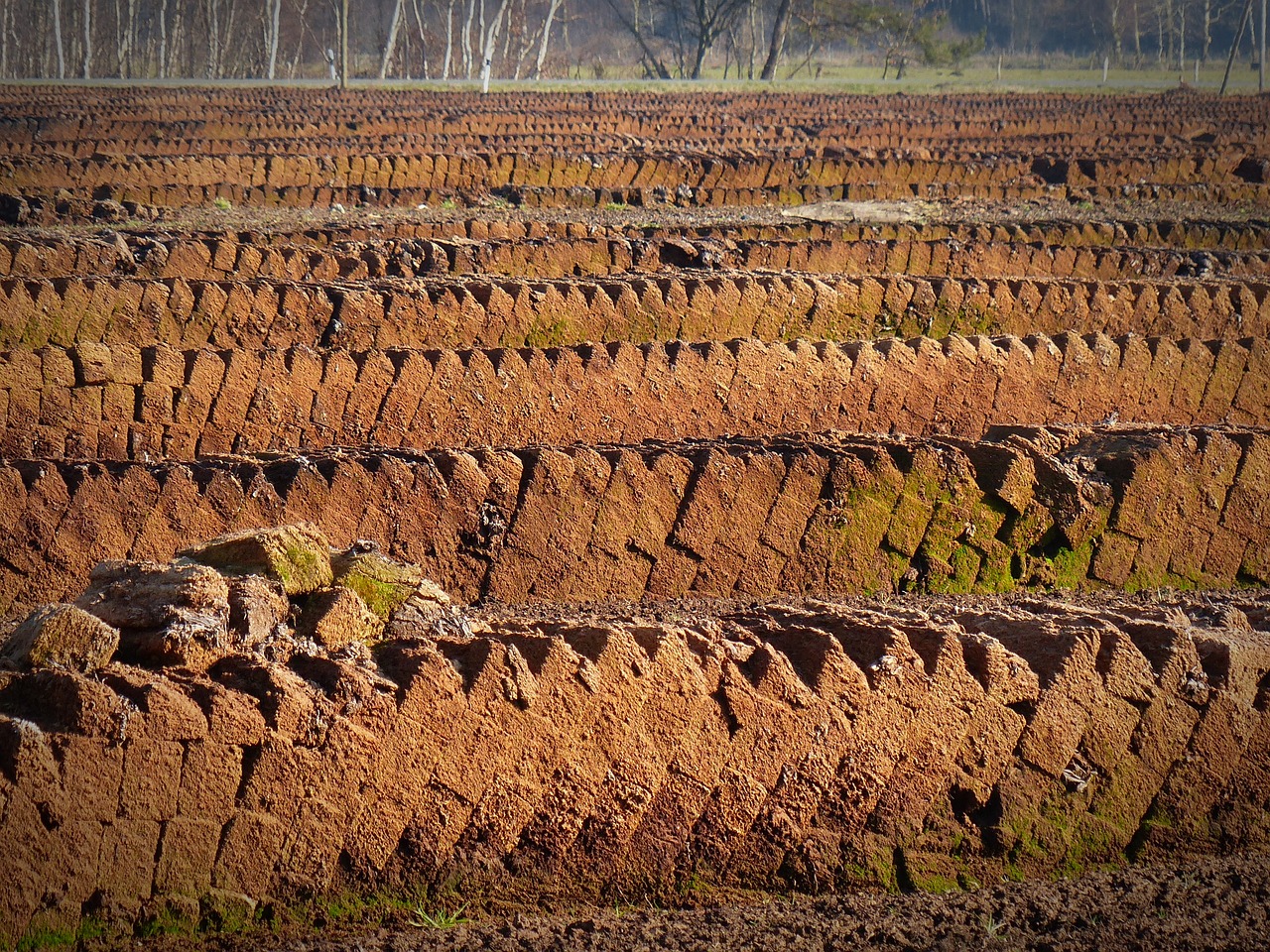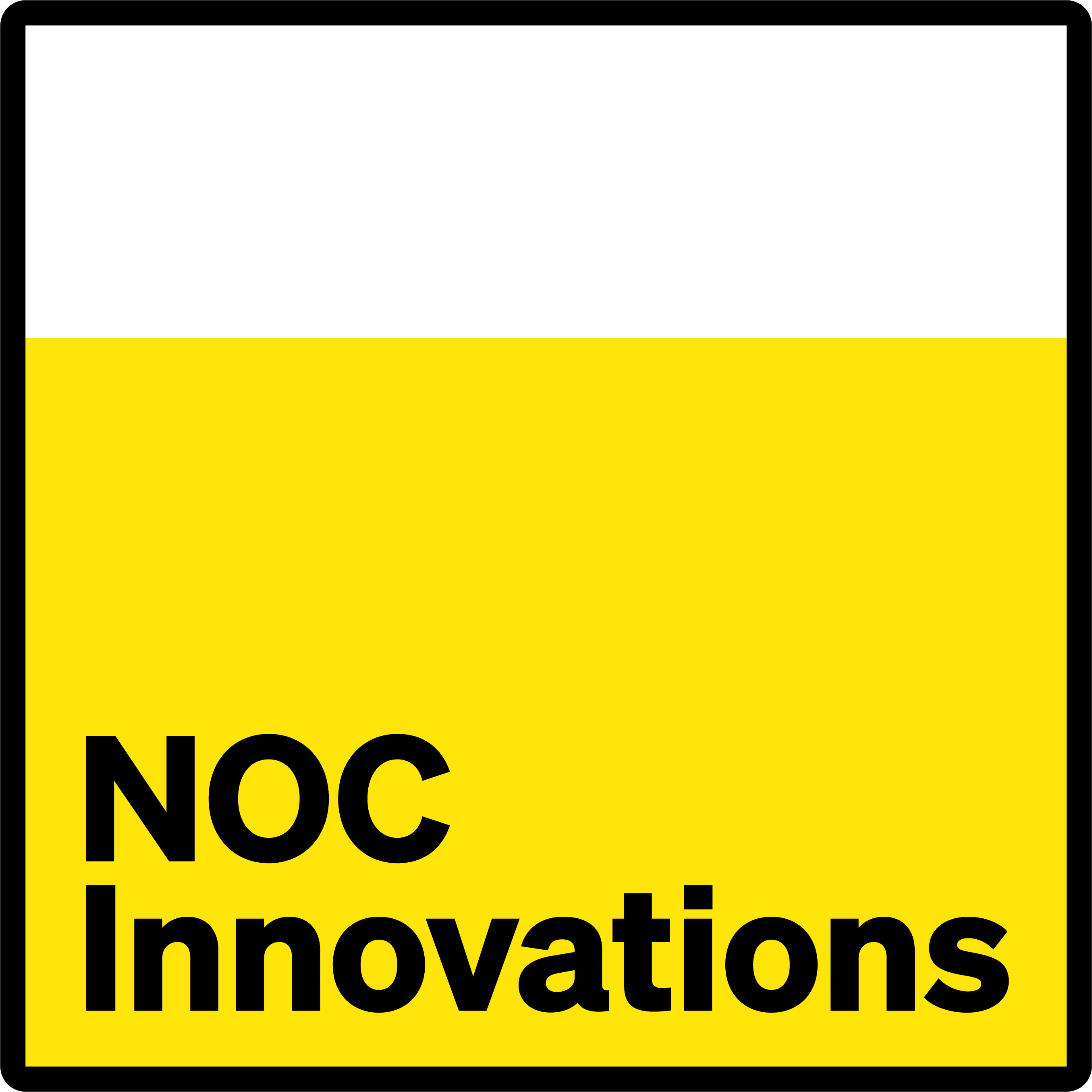Research Programme: Transparent Ocean
Programme Lead: Professor Jinchang Ren
Supported By: Dr Yijun Yan, Dr Ping Ma & Yinhe Li
Funder/Sponsor: Innovate UK
Project Status: Complete
Overview
This project seeks to revolutionise peat utilisation in whisky production through advanced, environmentally conscious peat analysis. Our innovative approach combines hyperspectral imaging (HSI) technology with advanced AI algorithms to accurately quantify the levels of phenolic compounds in peat. Hyperspectral imaging allows us to capture detailed spectral information of peat samples, providing a comprehensive understanding of its chemical composition. By applying AI algorithms, we can analyse the hyperspectral data and extract valuable insights, enabling precise measurement of phenolic compounds.
Motivation
Peat, integral to the whisky production, contributes unique, irreplaceable flavours, prompting distilleries to optimise its use due to global demand for peated whiskies. However, its extraction disrupts millennia-old ecosystems, releasing significant carbon, thus exacerbating climate change. Our project aims to mitigate this by enhancing peat use efficiency in whisky manufacturing through a feasibility study. As environmental awareness grows, industries, especially the whisky sector, face increasing pressure to minimise their environmental impact, particularly in their usage of peat. We aim to prompt distilleries to optimise its use due to global demand for peated whiskies. By gaining a deeper understanding of various peat sources' characteristics, distilleries can refine their production processes, ensuring distinct and consistent flavours. Such improved efficiency in peat usage not only presents potential cost savings, but also aligns with the pressing need for environmental responsibility.
Real-World Impact
The project outcomes can benefit external parties such as whisky manufacturers, maltsters, peat suppliers, and analytical service providers. Improved quality control and process optimisation can enhance productivity and efficiency, leading to potential cost savings and increased competitiveness. This can also contribute to environmental sustainability by significantly reducing peat usage and curtailing waste generation.








